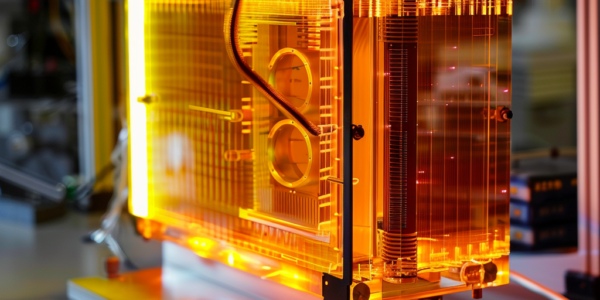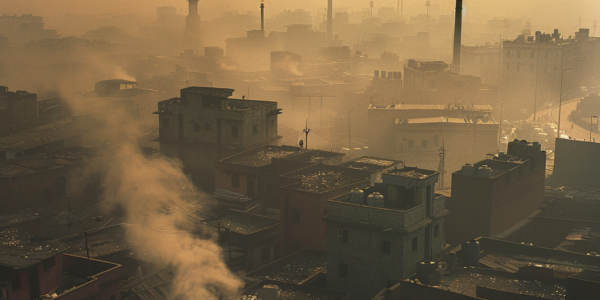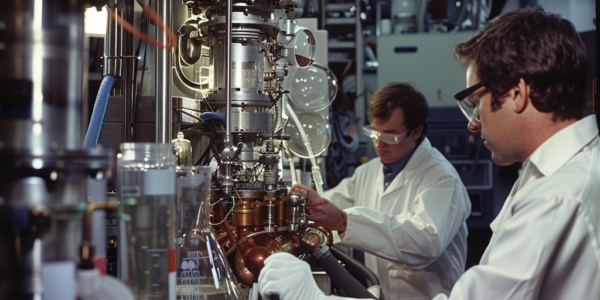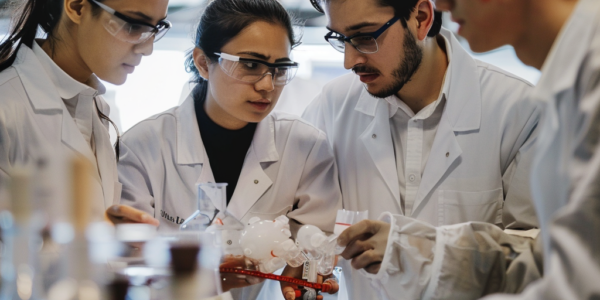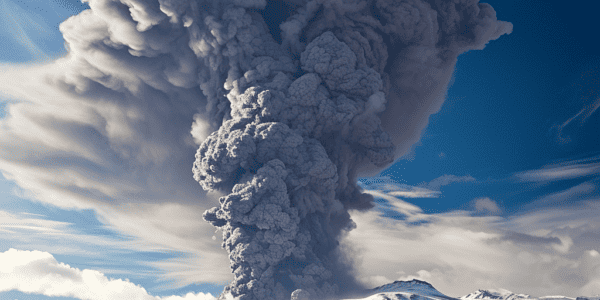Megaconstellations of Satellites Burning Up in Earth’s Atmosphere Raise Environmental Concerns
Megaconstellations of satellites burning up in our atmosphere are raising concerns about the environmental consequences. With thousands of satellites orbiting Earth, researchers are studying the impact of these burn-ups. The increasing number of satellites being launched, like SpaceX’s Starlink program, is adding to the growing concern of space debris re-entering our atmosphere. Calls for increased scrutiny and environmental assessments are being made to safeguard our planet from the repercussions of satellite burn-ups.
Challenges in Achieving $100 per Ton for Carbon Removal Technology
Climeworks AG claims to have made a breakthrough in reducing the cost of extracting carbon from the air, potentially cutting it by up to 50%. Despite this, the current cost of carbon capture remains above the industry’s target for widespread adoption. Industry leaders once aimed for $100 per ton, but inflation and real-world challenges have cast doubt on achieving this goal. Climeworks now projects a cost of $250 to $350 per ton by 2030, while the current average is around $715 per ton.
Air Quality Alert Issued for Counties in Pennsylvania
An air quality alert has been issued for several counties in Pennsylvania due to Ground Level Ozone, affecting areas in Western Chester, Eastern Chester, Western Montgomery, Eastern Montgomery, Upper Bucks, Lower Bucks, Delaware, and Philadelphia. Follow the National Weather Service recommendations to stay safe, prioritize indoor stay, trim outdoor activities, reduce pollution contributors, banish open burning, stay well-informed, and exercise caution for respiratory health.
Novel UV Broadband Spectrometer Revolutionizes Air Pollutant Analysis
Learn about the world’s first broadband UV dual-comb spectrometer developed by researchers at Graz University of Technology, allowing for continuous measurement of air pollutants and real-time observation of their reactions with the environment. This innovative device offers a large bandwidth of emitted UV light, high spectral resolution, and short measurement times for sensitive measurements.
Global Crisis: The Silent Killer of Air Pollution
Air pollution is a global crisis causing over seven million deaths annually, surpassing AIDS and malaria combined. Only seven countries meet air quality standards, leaving 99% of the population vulnerable. Disparities exist between affluent and underprivileged, with the poorest and marginalized individuals disproportionately affected. Prolonged exposure to air pollution can lead to severe health issues and premature death, with the most vulnerable demographics being the very young and the elderly. Urgent global action is needed to mitigate its devastating impact.
Princeton Engineers Develop Groundbreaking Method to Capture and Release Carbon Dioxide Using Moisture
Princeton University engineers have developed a groundbreaking method to capture and release carbon dioxide from the atmosphere using moisture, offering significant energy efficiency improvements over current technologies. The innovative approach utilizes humidity to achieve the same goal as traditional direct air capture systems, resulting in over five times greater energy efficiency. This breakthrough could have a profound impact on combatting climate change and reducing carbon emissions.
Study Finds Multiple Child Asthma Triggers in Polluted Air
New research from Washington State University in Spokane reveals that polluted air contains a toxic mix of chemicals that can trigger asthma attacks in children. The study, led by researcher Solmaz Amiri, found that the location of a child’s residence significantly impacts their exposure to these toxins. Three pollutants were identified as particularly influential in triggering asthma symptoms in children: 1,1,1 trichloroethane, 2-nitropropane, and 2,4,6 trichlorophenol. Despite some of these air toxics being discontinued in the U.S., they may still be present in stored materials or the environment. The study highlights the ongoing presence of these pollutants and their potential impact on children’s health, underscoring the need for continued monitoring and action to reduce children’s exposure to harmful air pollutants.
Scientists Investigate Drying out the Stratosphere to Reduce Warming
Scientists are exploring the feasibility of removing water vapor from the stratosphere as a means of reducing global warming. While this approach could have a cooling effect, it would not be enough to counteract the significant warming from carbon dioxide emissions. The study outlines technical barriers and the need for more measurements to better understand the distribution of water in the atmosphere.
Impact of Human-Induced Emissions on US Rainfall Patterns
A recent study by the Department of Energy’s Lawrence Berkeley National Laboratory reveals the complex interplay between human-induced greenhouse gas and aerosol emissions on rainfall patterns in the United States. While greenhouse gas emissions contribute to increased rainfall, aerosols have a long-term drying effect, with short-term impacts that vary with the seasons. The research emphasizes the significant role of aerosols in offsetting the expected rise in extreme rainfall and offers valuable insights into the intricate relationship between human-induced emissions and rainfall patterns.
Particles Flutter as They Fall
Particles Flutter as They Fall January 19, 2024 – Physics 17, 9 Experiments with small falling particles show that their orientations oscillate, which may help explain the settling of volcanic ash and the formation of snow. Look out below. Ash…




